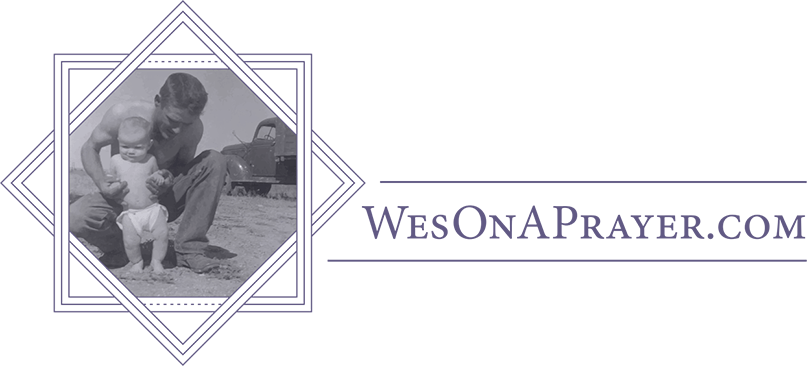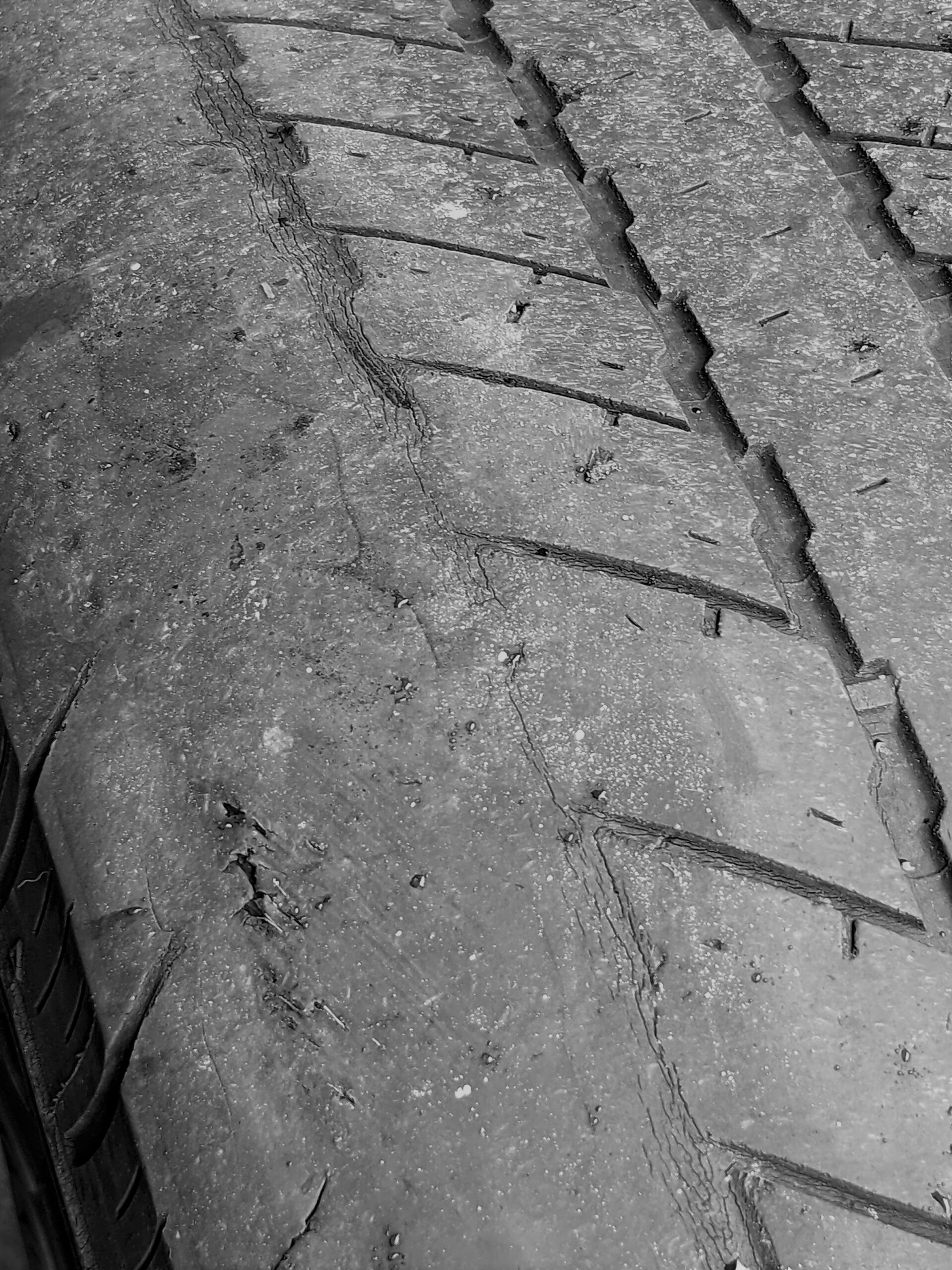Metaphors of Wheels,Water & Medicine
Why do bad things happen to good people? Why do good things happen to the wicked? These two questions are ageless, for they have been asked for ages. Boethius tackles these in his book titled Consolation of Philosophy. He uses metaphors of wheels, water, and medicine to answer these questions while he personifies philosophy and has her answer these questions with a question.
Sweet and Bitter Medicine
Philosophy asks, “Why does a physician give one man sweet-tasting medicine and another one bitter, based on their condition and their malady?” She tells Boethius that some good men couldn’t stand good fortune and would worsen if they didn’t have great adversity in their lives. Philosophy also says that some wicked men would become even more corrupt and harm even more people if they didn’t have some blessings in their mortal life. She also explains other possibilities.
Sometimes God blesses the wicked, thus providing them some witness and providing them an opportunity to repent and receive more blessings in the afterlife. Frequently, the wicked do not enjoy their blessed rewards because of their constant fear of losing them. The good man knows the highest gift will come to him forever in his life after death, and any reward he receives now is fleeting. Likewise, pain and sorrow during life are transient for good people and will not last after they die.
The Difference Between Providence and Fate
Furthermore, Boethius has Philosophy answer a question I had never thought to ask. One I doubt many have thought of either. What is the difference between Providence and Fate? She says Providence is an axle, and Fate is the play in the wheel attached to the axle. God provides a straight and true force of good that is without deviation. Providence is the will of God moving forward to its intended purpose. Fate is the consequence of our attachment to God’s will. The closer we are to the axle, the less we deviate from the will of God. As we journey through life, the less we vary from God’s will, the better our fate during and at the end of the journey.
As a man now in my sixties, I understand this better than I did in years past. Go out to your driveway and look at the tires on your car. If your tires have uneven wear, it is because the alignment is off. As I look at my soul after six decades, there is uneven wear on it too. I’ve embraced a few ideas that were out of kilter from God’s axle, and that has worn my soul unevenly. Embracing those ideas sealed my fate, but the Providence of God rolls forward. The same is true for all. Our tires and our souls may look similar.
Water
Boethius implies that God is Good. He doesn’t say it briefly, and he isn’t using good as an adjective either. Instead, Boethius uses “good” as a noun. Thus, Good is a synonym for God. Boethius describes Good in a metaphor of the earthly water system in its entirety. He mentions creeks and streams feeding rivers that run to oceans. Boethius writes of evaporation and condensation and rainfall that runs back into creeks and streams. He says that man fails to comprehend Good. Just as a man discovers a nice stream of water and plans to reside by it, he takes no thought of where the water came and where it goes. Likewise, man fixates on only one aspect of God’s presence, thus making happiness only temporary.
Happiness is temporary
Boethius describes man as a creature with a soul like a wheel. A wheel that continuously rotates, reflecting on his Creator, his self, and on earthly things. Every man thirsts for good just as he thirsts for water. Every man desires to be loved. He believes power is good to assist him in achieving the good he wants. Men often wish for honor and perceive it to be good. Humankind seeks true happiness (because it is good) in all different ways. Some believe a spouse and children will make them happy. Yet, happiness is temporary.
God is Good
Happiness is temporary because we only fixate on a tiny portion of Good in our search. We are only looking at a small stream of God’s blessings and not the whole water system. All the things we strive for are not bad in themselves. They are blessings and stumbling blocks, for we are not God and cannot adequately accommodate the things we desire. All good things come from the Greatest Good (God). Our souls must rotate and spend adequate time reflecting on God our Creator and all His blessings. Our failure to do so influences our fate. We affect our physical and spiritual health as well. This health is part of our fate. God’s Providence provides the Good we need to quench our thirst and the medicine we need to improve our fate. Metaphors of wheels, water, and medicine console our minds and answer questions of the ages.


